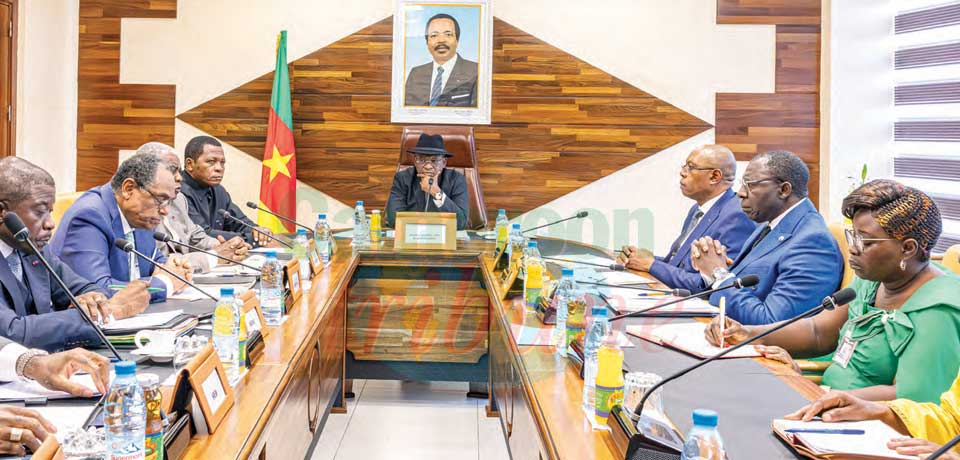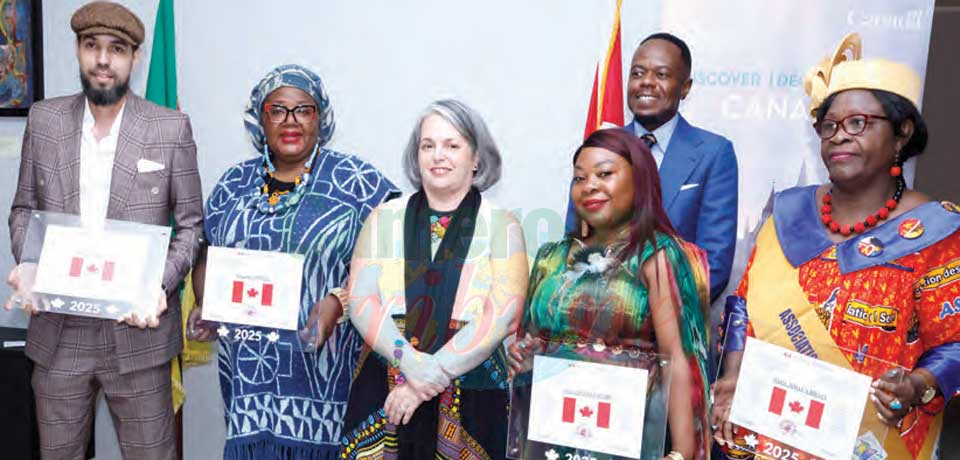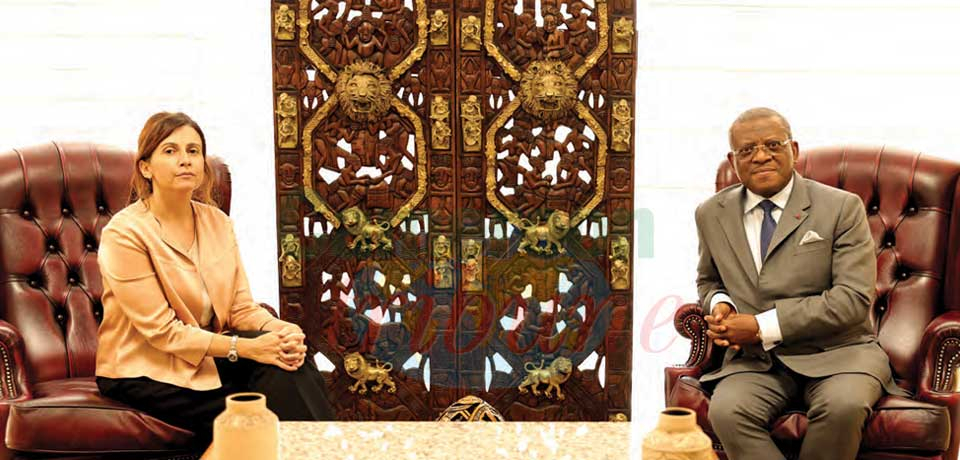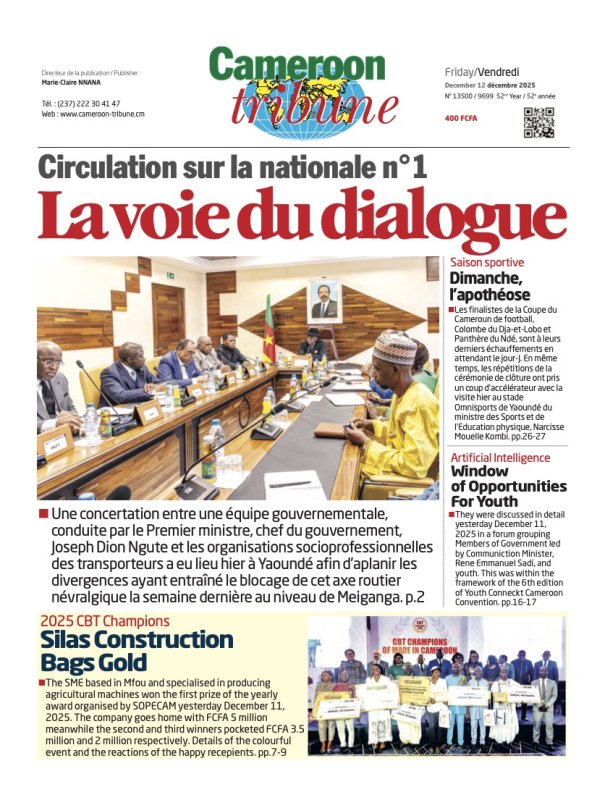« Commission Will Add Impetus, Pressure The Implementation Of Recommendations »
- Par Eulalia AMABO
- 25 Mar 2020 14:46
- 0 Likes

Prof Elvis Ngolle Ngolle, Political Scientist.
President Paul Biya has created a follow-up Commission on the implementation of the recommendations of the Major National Dialogue. What is your take on such a move?
The creation of the follow-up Commission by the Head of State is a clear demonstration that the Head of State is committed to and is determined to solve the problems raised by the peoples of the North West and South West. It is also a demonstration that the Head of State was serious in initiating and organizing the Major National Dialogue. Furthermore, it shows that the Head of State has listened to and has accepted the recommendations of the Major National Dialogue whose participants were largely (70 per cent or more) from the North West and South West Regions. The creation of the Commission also demonstrates that the Major National Dialogue was a success and represented a defining and momentous moment in the life and history of our nation and dear republic. Finally, the Commission is proof that dialogue is a process and as such, the dialogue continues with the Commission in place. The door of dialogue has not been shut, it is still open even though the Major National Dialogue in its eventful dimension has ended on successful note.
How would you rate the level of implementation of the recommendations of the national dialogue from when it held to now that a follow-up Commission is created?
In quantitative and qualitative terms, the recommendations of the Major National Dialogue were strong, bold and pertinent in the life of the nation. They were also numerous obviously in their implementations. These recommendations involve several institutional and non institutional actors, administrations and services, some State and some non-state actors. The role of a follow up Commission, itself an institutional service under the coordination and chairmanship of the Prime Minister is to ensure State, official (governmental) leadership, legality, authority and legitimacy. The Commission is therefore an official structure set up by the Head of State to work in the interest of the State and in line with State policies. So far, the implementation of the recommendations is on course and given the nature of the problems to be solved, it is natural that rating the level of implementation of the recommendations at this point will be premature as the implementation itself is a process which demands time, patience, commitment and good faith. Some elements such as the peace caravans, the municipal and legislative elections, the various reforms in the educational, judiciary, public service recruitments and humanitarian emergency programs, construction and reconstruction, return of refugees and displaced persons stand out as factual indices of implementation of the recommendations. Implementation of the recommendations is therefore an ongoing process.
What could be the impact of the newly-created Commission in applying the rest of the recommendations?
The impact of the Commission in applying or implementing the recommendations of the dialogue is that, as a Commission headed by the Prime Minister who chaired the major national dialogue and whose members played an important role before, during and after the dialogue, the Commission enjoys the latitude and wealth of experience and has an ample memoirs of the major stakes of the dialogue. They will therefore play the role of an added impetus and catalyst to push and inject some pressure to the implementation process of the recommendations. It will also serve as articulate and facilitator to the process, hence its relevance and significance.
Cet article complet est réservé aux abonnés
Déjà abonné ? Identifiez-vous >
Accédez en illimité à Cameroon Tribune Digital à partir de 26250 FCFA
Je M'abonne1 minute suffit pour vous abonner à Cameroon Tribune Digital !
- Votre numéro spécial cameroon-tribune en version numérique
- Des encarts
- Des appels d'offres exclusives
- D'avant-première (accès 24h avant la publication)
- Des éditions consultables sur tous supports (smartphone, tablettes, PC)














Commentaires